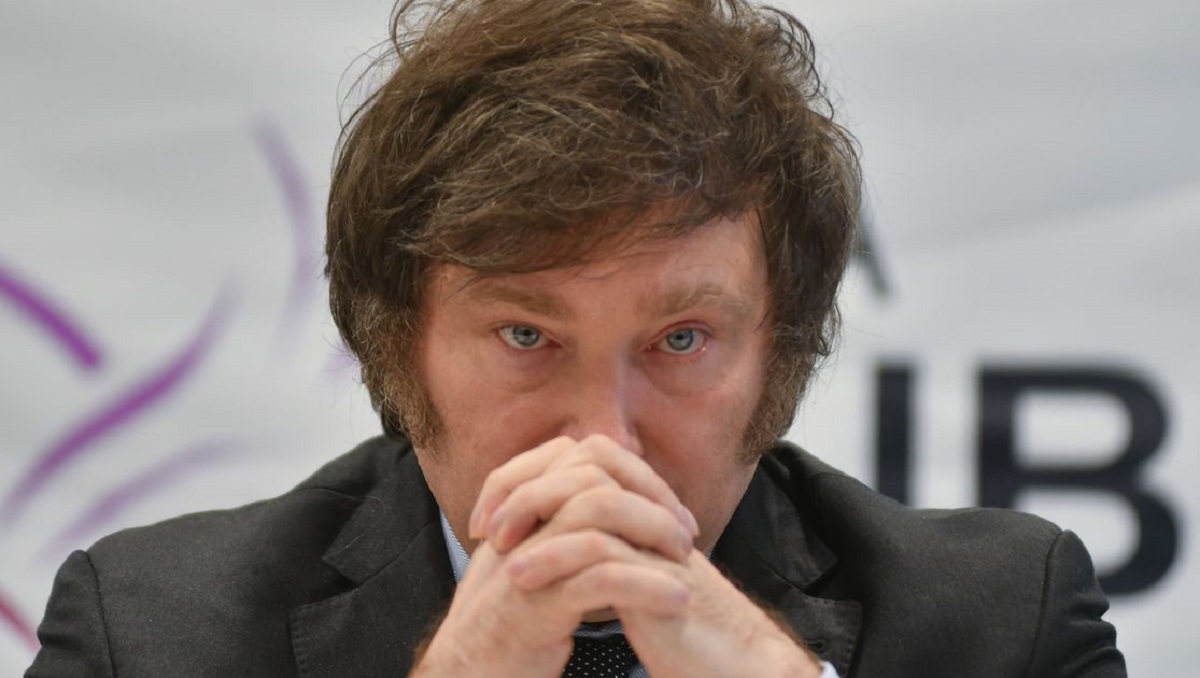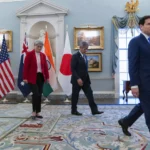
Caste is in order, the bold program of a weak government. Editorial of “El Círculo Rojo”, a program on La Izquierda Diario that broadcasts on Thursdays from 10 p.m. to midnight on Radio Con Vos, 89.9.
See this post on Instagram
– Now not every outsider becomes a leader who can implement his program or his policy, who can provide a solution to the crisis. Certain economic, political, international conditions and relations of force have to mediate. They have to find a structure to rely on (the PJ in the case of Menem and Kirchner), they have to win certain battles (on October 17, in the case of Perón, even a “battle” that took place despite them) and they have to have certain gifts of their own. Fortune and virtue.
Daniel Scioli / Peronism / Mauricio Macri / Nicolás Caputo / Patricia Bullrich / Javier Milei / Flavia Royón / Luis Petri / Guillermo Francos
Source: www.laizquierdadiario.com

